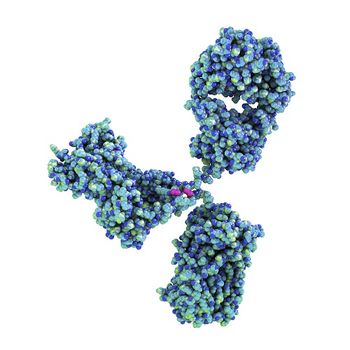
Thoughts leaders believe infectious disease treatment is in the middle of a sea change, moving from antibiotics to antibodies.

Thoughts leaders believe infectious disease treatment is in the middle of a sea change, moving from antibiotics to antibodies.

Researchers found that the use of the treatment algorithm for staphylococcal bacteremia shortens therapy without compromising outcomes.

Whether the oft-repeated pattern of initial drug success followed by increasing resistance plays out in the future for many drugs remains to be seen.

About 500,000 Americans fall ill from Clostridium difficile infections every year.
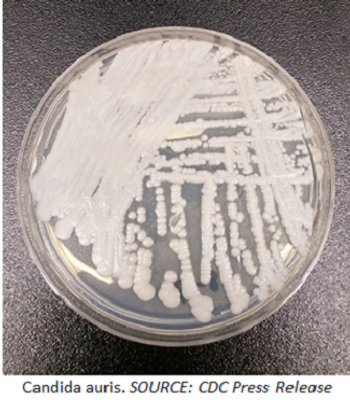
Candidemia is the most common healthcare-associated bloodstream infection in the United States, with an incidence of 5-15 per 100,000 persons.
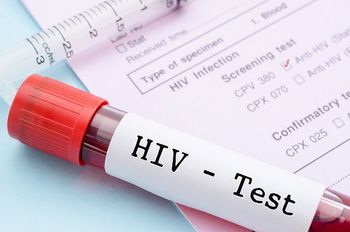
Investigators presented advances in basic and clinical research on infectious diseases and HIV in the past year at ID Week.

It is only a matter of time before the next infectious disease pandemic hits and healthcare officials need to be prepared.

Speakers at the annual meeting of the Infectious Diseases Society of America discussed infectious disease epidemics across the globe.

A study using different criteria for urine testing than those outlined by the current Infectious Disease Society of America (IDSA) guidelines, has proven to cut down on the testing of urine samples and inappropriate use of antimicrobials.

US food-safety legislation has toughened up as both regional and national centers strive to provide the public with safe food through the use of food-related disease surveillance programs and new technologies.
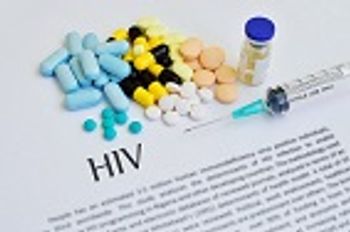
The monoclonal antibody, ibalizumab, has proven to be both safe and effective in treating patients who are infected with multi-drug-resistant HIV-1 and have been previously treated.

At the ID Week meeting in New Orleans, Louisiana, a trio of speakers addressed some of the outpatient challenges regarding antimicrobial stewardship.

Compared with bigger institutions, community hospitals are lacking when it comes to educating healthcare workers and providing effective infection control programs, which is compromising patient care, according to a presentation at ID Week 2016.

Researchers estimate that there are more cases of sclerosing panencephalitis (SSPE), a fatal measles complication, than previous thought.

At the annual meeting of Infectious Diseases Society of America, researchers revealed that in addition to microcephaly, other neurological consequences of Zika virus are being recognized.

A trio of speakers addressed the global problem of antibiotic resistance and how the problem is especially vexing in Africa, Asia, and Latin America, at the annual conference of the Infectious Diseases Society of America in New Orleans, Louisiana.

During ID Week, Robert Read, MD, from University Hospital Southampton in Southampton, UK, discussed how a better understanding of meningococcal disease has led to more effective treatment strategies.
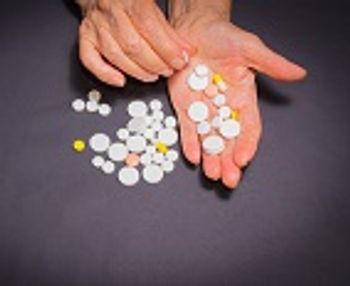
At the annual meeting of the Infectious Diseases Society of America in New Orleans, Louisiana, Judith Currier, MD, from the University of California, Los Angeles, discussed the many challenges that HIV-positive individuals face as they live longer lives.
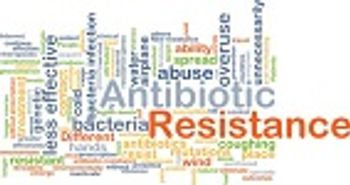
A symposium at the annual meeting of the Infectious Diseases Society of America in New Orleans, Louisiana, highlighted initiatives designed to curb the spread of antibiotic resistance.
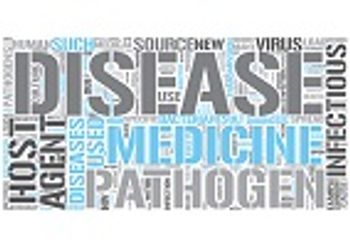
Speakers at the Infectious Diseases Society of America annual conference plenary symposium in New Orleans, Louisiana, discuss past successes, current challenges, and future efforts regarding infectious disease.

Zika has been around for a long time, with the first report dating back to 1947. Until 2007, only 14 cases had been reported. Subsequently, there have been three outbreaks, culminating with its arrival in the Americas in the 2015 epidemic in Brazil.
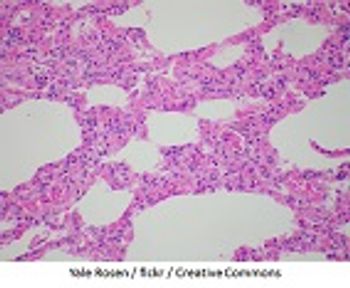
At the Infectious Diseases Society of America Meeting, in New Orleans, Louisiana, Octavio Ramilo, MD, Nationwide Children’s Hospital, Columbus, Ohio, gave a lecture on advancements being made when it comes to host response and pathogenesis of respiratory syncytial virus.